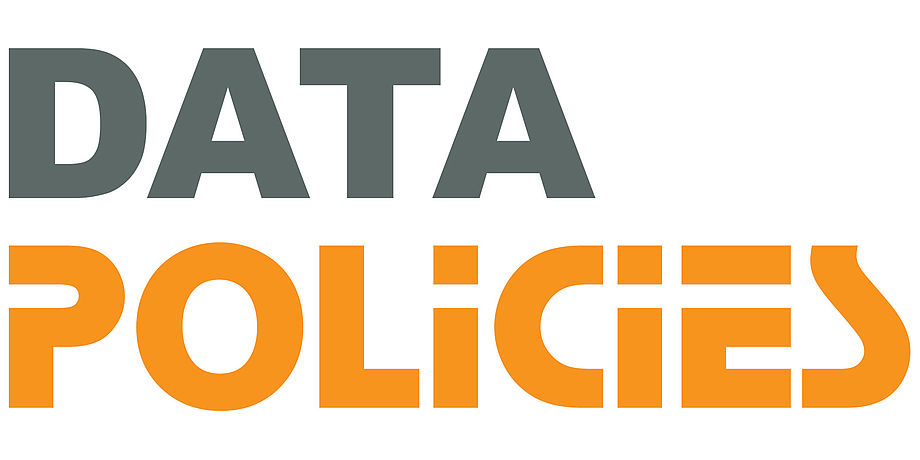Data Neutrality and Open Access: Access to user data in the digital economy


Google, Apple, Facebook or Amazon – one thing the most valuable companies in the world have in common is that they have exclusive access to their users’ data. What does this spell out for competition in digital markets? How does access to data impact on innovation and consumers in markets that are currently in the process of digitalisation? The University’s Junior Research Group on Data Policies, funded by the Bavarian State Ministry of Science and the Arts in the framework of the Center Digitisation.Bavaria, is exploring these questions.
The business models and platform structures of large internet businesses are fundamentally changing competition in digital markets: Google, Apple, Facebook and Amazon dominate the digital business sector with amounts that are at eye-level with the performance of some European states. The key to success is the raw material for the New Economy: user data. These data are the drivers of innovation and competitiveness, and at the same time the raw material the companies use to strengthen their market positions. The more data they have, the better their user services, which in turn attracts more users, generating more data.
What are the market laws of the New Economy? How can they be sensibly regulated? Which data-access strategies should established and start-up companies adopt to persevere in the digital frontier? Together with his team of researchers, Dr Daniel Schnurr, Assistant Professor at the University of Passau and Head of the Research Group, is seeking answers to these questions in a project titled Data Neutrality & Open Access: Coherent Economic Policies for the Digital Economy. The researchers are tackling these questions using Game Theory-based models, and use the theoretical answers in economic lab experiments and computer simulations.
The Facebook dilemma faced by websites and apps
One example is the dilemma that websites and apps can face if they use Facebook’s (or other platforms’) so-called ‘social login’: At first, using social login gives website A a competitive advantage over website B, because website A can now get individualised and targeted advertising to users and at the same time, offer bespoke services. Competitor B has no other choice but to follow suit and implements the login, too, eroding the competitive advantage as a result. Who wins in this situation? Facebook. ‘The social network makes gains, while the websites on the advertising market may in some cases even perform worse’, explained Dr Daniel Schnurr. And yet things could get much worse for the websites, for instance if Facebook decides to monetise their strategic dependence and starts charging money for the the social login, or changes its terms of service to the websites’ detriment.
Dr Schnurr’s advice to website operators and app developers: ‘Websites should always carefully consider whether the short-term competitive advantage is really worth it and how they plan to deal with the negative consequences.’
But do websites even have a choice? That, too, is a question the research group will address. This research is about market power and its potential abuse, as well as the question whether the dominance of the large platform operators can be sensibly regulated. Besides measures and rules that could directly affect these companies, the group of researchers also examines propositions that aim to give users more effective control over their data. In this connection, the researchers are analysing the potential effects of the new EU data protection directive, which will come into force in May 2018. Among other things, this directive will enact users’ right to data portability.
An interdisciplinary team
The team around Dr Daniel Schnurr and Professor Jan Krämer, who holds the Chair of Internet and Telecommunications Business, co-operates closely with academics from other academic disciplines, and considers these questions from their points of view, e.g. law and technology. The group is supported by Professor Kai von Lewinski, Chair of Public Law, Media Law and Information Law, and Professor Louisa Specht, forner Chair of European and International Information and Data Protection Law.
Funded by the Bavarian State Ministry of Science and the Arts via Center Digitisation.Bavaria
The Bavarian State Ministry of Science and the Arts is funding the research project via the Center Digitisation.Bavaria (CD.B) for a term of five years. The University is home to two of currently seven CD.B Junior Research Groups: This includes Dr Daniel Schnurr and his team as well as Professor Janet Siegmund of the Chair of Software Engineering II, who is working on creating model that analyses the communicative behaviour of software developers. Moreover, the University was awarded the new Chair of European and International Information and Data Protection Law as part of a CD.B initiative.
About Center Digitisation.Bavaria
The CD.B is tasked with the objectives of further strengthening and bundling the research competencies in Bavaria in the realm of digitalisation, enhancing the co-operation between businesses and academia concerning key topics, intensifying start-up support and guiding the social discourse on topics related to digitalisation. The measures planned by Center Digitisation.Bavaria are implemented throughout Bavaria.
| Principal Investigator(s) at the University | Dr. Daniel Schnurr (Lehrstuhl für Wirtschaftsinformatik mit Schwerpunkt Internet- und Telekommunikationswirtschaft) |
|---|---|
| Project period | 01.02.2017 - 31.01.2022 |
| Website | http://www.datapolicies.uni-passau.de/ |
| Source of funding |  BayStMWK - Bayerisches Staatsministerium für Wissenschaft und Kunst > BayStMWK - Bayerisches Staatsministerium für Wissenschaft und Kunst - ZentrumDigitalisierung.Bayern ZD.B |

